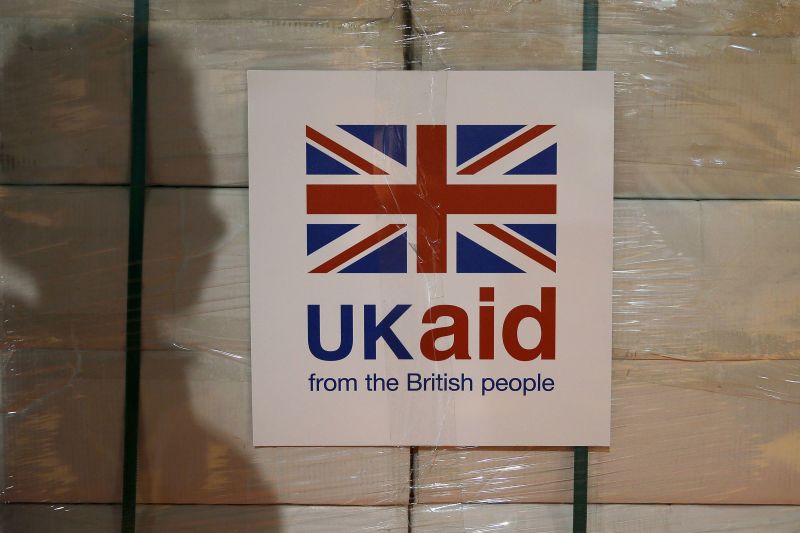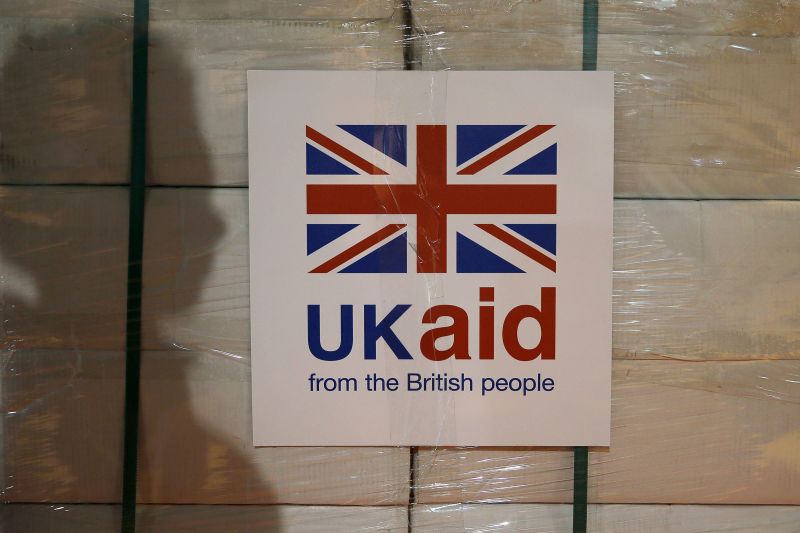
Western countries have slashed foreign aid budgets this year and reductions will steepen in 2026, with the United States, United Kingdom, Germany and Canada cutting the most, according to a new analysis from the Center for Global Development (CGD).
Smaller nations will also be hammered by the reduction in foreign aid, with Lesotho, Micronesia and Eswatini each losing around 50% of their aid.
The analysis looked at projections of bilateral aid – money provided directly to another country rather than routed through multilateral organizations such as United Nations agencies or the World Bank – for 2025 and 2026.
The US is projected to cut the most, with a projected 56% reduction compared to levels two years ago.
The Trump administration’s gutting of the US Agency for International Development (USAID) earlier this year has already left a hole in many international aid budgets, and several other Western nations are following suit rather than filling the void.
“A big, big chunk of overall cuts in the next couple of years are going to be from the US pulling out, rather than other countries. But these other countries are making things worse,” said Crawfurd, a senior research fellow at the CGD.
The UK aid cuts are estimated to represent a roughly 39% reduction compared to 2023 levels of spending. Meanwhile, Germany is cutting about 27%, Canada 25% and France 19% of their international aid budgets.
The true level of aid cuts remains unclear, as the Trump administration’s proposed budget and other government proposals are still making their way through legislatures. But some funding cuts are almost guaranteed.
British Prime Minister Keir Starmer announced in February that his government would increase the UK’s defense spending by cutting its aid budget to 0.3% of gross national income in 2027, its lowest level since 1999.
Many organizations and aid workers have raised alarm about European governments pitting aid budgets against defense spending.
“Cutting the already lean aid budget is a false economy and will only increase division and amounts to a betrayal of the world’s most vulnerable people,” said Halima Begum, head of Oxfam GB. “It is a false dichotomy to pit international cooperation to tackle poverty against national security interests in order to avoid tax increases.”
Crawfurd said that bilateral aid is a “really small part of government budgets” and the money for defense or security could be found elsewhere. “It’s a choice… it’s a political choice,” he added.
The think tank wrote in its analysis that “one striking takeaway is that some countries are projected to lose large amounts of ODA (official development assistance) simply because of who their main donors are – while others are projected to lose very little” – a game of chance, with losses not matching up to the recipient country’s needs.
Yemen, for example, is projected to experience a 19% fall in its bilateral funding compared to 2023, while its “comparable” neighbor country Somalia is projected to lose about 39%.
The UN Office for the Coordination of Humanitarian Affairs (OCHA) has also warned that multilateral aid cuts are threatening efforts to tackle 44 of the highest-priority, protracted humanitarian crises. As of April, only 11.9% of the funding for UN response plans had been covered.
Minimizing the damage
The CGD is urging Western donors to reallocate aid to the poorest countries to try to “ensure that resources are directed to populations in greatest need.”
Western countries also need to improve coordination to mitigate further damage, especially as they are withdrawing from countries receiving aid, the think tank said.
In some countries, the cuts will change who the largest donor is, which “can lead to major shifts in what gets funded and how,” according to the CGD. For example, Portugal will likely overtake the US in aid to Angola, and Japan is projected to overtake France in Egypt. “A new lead donor may not continue the same programs” or may take time to get up and running, according to the analysis.
Giving a larger share of aid to multilateral organizations can also help improve international cooperation and cut down on duplication of aid efforts.

